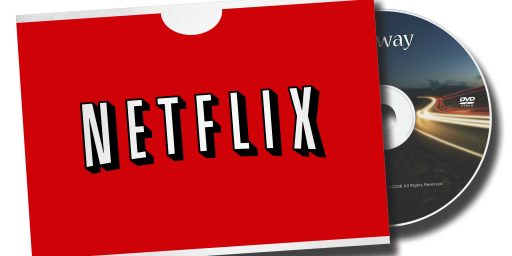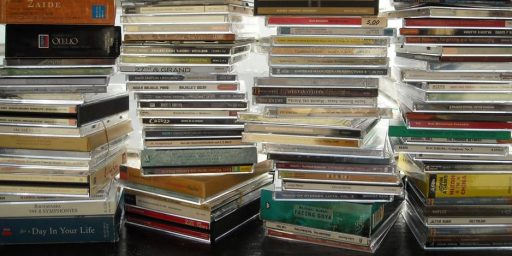Macrovision Aims To Stop DVD Rippers
Macrovision Aims To Stop DVD Rippers (Technology News)
Macrovision, the company whose name became a synonym for copy-protection of VHS movies, today announced a technology to thwart rippers of DVDs. The technology, called RipGuard DVD, is the first product to be verified through a new program offered by THX, a San Rafael, California, provider of quality assurance services for the entertainment industry. “We have come up with a format-based technology that uses a unique digital framework per title, and it stops these rippers cold,” Adam Gervin, senior marketing director for Macrovision’s Entertainment Technologies Group, told TechNewsWorld.
“We’ve done a lot of research on the market share of rippers,” he continued. “We think we’ve got more data than anyone else in the world on this. And we know that RipGuard DVD is effective today against 97 percent of the rippers in use in the market.” “Since studios are losing over a billion dollars a year as a result of these rippers, we believe that we can prevent 97 percent of that revenue loss through RipGuard DVD,” he added.
[…]
Gervin explained that RipGuard causes ripper software to crash or stall, thus preventing it from copying the content of a DVD. Similar schemes have been used for music CDs with mixed results. In some cases, protected CDs wouldn’t play in some CD players, which caused a consumer uproar in Europe and slowed to a dribble the introduction of protected discs into the United States.
[…]
RipGuard is just the start of tough protection for DVDs. With the introduction of high-definition DVDs, copy-protection will get tougher yet, observed Ross Rubin, director for industry analysis for the NPD Group in Port Washington, New York. “One of the key features of the next generation of DVDs is very strong encryption,” he told TechNewsWorld. “Blu-ray, for example, uses very, very strong encryption Latest News about encryption with a code that changes for every six minutes of video. Even if someone were able to crack one of the codes, it would only unlock a small part of the film.”“High definition is really the battleground,” he said, “because, even though the standard definition market will be larger for several years, the high definition DVDs come very close, if not equaling, the film experience. So in a sense, Hollywood is risking putting its crown jewels out there, so they want to ensure that those assets are protected.”
The movie and recording industries have been complaining for decades about illegal copying, although there’s little evidence that people have stopped buying pre-recorded music and films or going to the movies. Once HDTV becomes truly ubiquitous, I imagine trying to stop copying will be futile. People will be able to get digital programming direct from their television, record it onto a digital recorder (TiVo or one of its competitors) and store is on a disc, bypassing the studios entirely. Indeed, people have been able to do this for a generation with VHS tapes. And, yet, people continue to pay through the nose for boxed sets of television shows readily seeable on television.





Given the high quality of analouge streams anymore, it would seem to me to be a rather simple matter to bypass about any copy protection by using a converter in the stream.
Seems to me also that given we as consumers ahve the right to back up stuff we’ve purchased, that such copy protection schemes as have been implimented thusfar infringe on that established right.
Except that starting later this year, it will be illegal to sell any HD recording device that doesn’t recognise the Broadcast Flag, thus allowing the content providers to tell you what you can and can not record.
It is quite possible that PTP and things like ripping are helping sales. I downloaded movie, the uncut version to see if it was as good as many claimed. It was, so I promptly bought a copy. I might have still bought a copy without the PTP download, but it is not a foregone conclusion. In this case, the purchase was directly and positively influenced by the download.